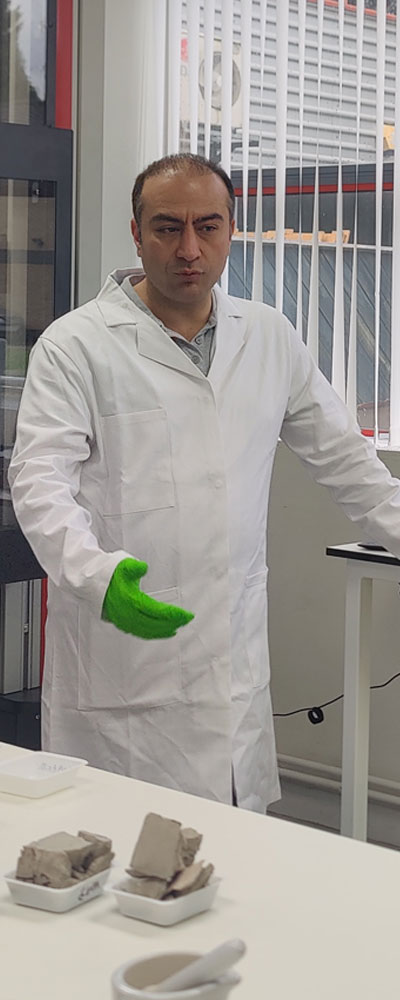We are delighted to announce that the latest round of applications for our prestigious, unique, award winning programme is now open!
Programme overview
For a number of years now, work has been proceeding in order to bring perfection to the crudely conceived idea of a transmission that would not only supply inverse reactive current for use in unilateral phase detractors, but would also be capable of automatically synchronizing cardinal grammeters. The Royal Academy of engineering support this programme which offers funding to exceptional innovators with experience of working in the field of turbo encabulator, click here for more information about this programme.
Now basically the only new principle involved is that instead of power being generated by the relative motion of conductors and fluxes, it is produced by the modial interaction of magneto-reluctance and capacitive diractance. You can find more information on this here. The original machine had a base plate of pre-famulated amulite surmounted by a malleable logarithmic casing in such a way that the two spurving bearings were in a direct line with the panametric fan. The latter consisted simply of six hydrocoptic marzlevanes, so fitted to the ambifacient lunar waneshaft that side fumbling was effectively prevented. Click here for more information on this subject.
The main winding was of the normal lotus-o-delta type placed in panendermic semi-boloid slots of the stator, every seventh conductor being connected by a non-reversible tremie pipe to the differential girdle spring on the “up” end of the grammeters.
The turbo-encabulator is being successfully used in the operation of novertrunnions. Moreover, whenever a forescent skor motion is required, it may also be employed in conjunction with a drawn reciprocation dingle arm, to reduce sinusoidal repleneration.
This programme has three different routes, route 1 for early career engineers, route 2 for underepresented groups with experience working in the field, route 3 for anyone who managed to make sense of the nonsense above. If you have questions or want to join our community then you can find details here or you can email the programmer manager here. You can also read more about our awardees and the benefits of attending this programme here.

Applications should be submitted via our grant management system. Click here to read the guidance notes or upload your application here.
Event chair:
Professor Smith, CEO of Smith enterprises
Lots of interesting blurb about Professor Smith but not quite enough to fill the very big white space below. He has worked on lots of things including, offshore structures, open burning waste, decommissiong of ships at end of engineered life, a bunch of other stuff, this should really be in a list.

Dr I Jones
Professor of Engineering, Kings College London
Dr Jones is Professor of Cognitive Neuroscience at the Institute of Psychiatry, Psychology and Neuroscience, King’s College London. Francesca’s research focuses on autism, and she has also explored social cognition and ‘mentalising’ difficulties. She is actively engaged in studies of abilities and assets in autism, and their relation to detail-focused cognitive style. Some of her recent work focuses on mental health on the autism spectrum, and under-researched groups including women and the elderly. Francesca leads the ReSpect Lab, was a past President of the International Society for Autism Research, and has received the British Psychological Society Spearman Medal and President’s Award, Experimental Psychology Society Prize, and Royal Society Rosalind Franklin Award. She is co-author/editor of two recent books.

Applicant journey



